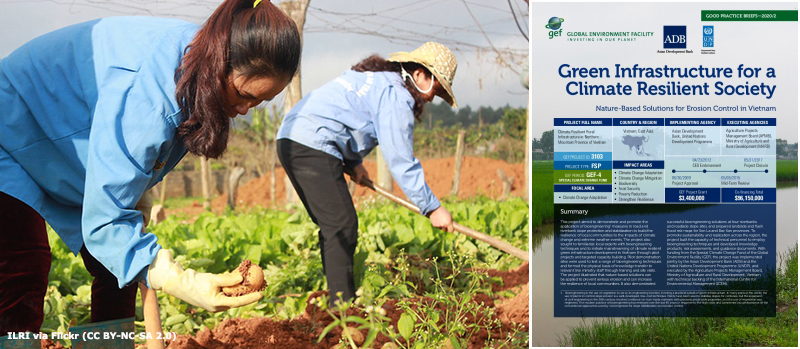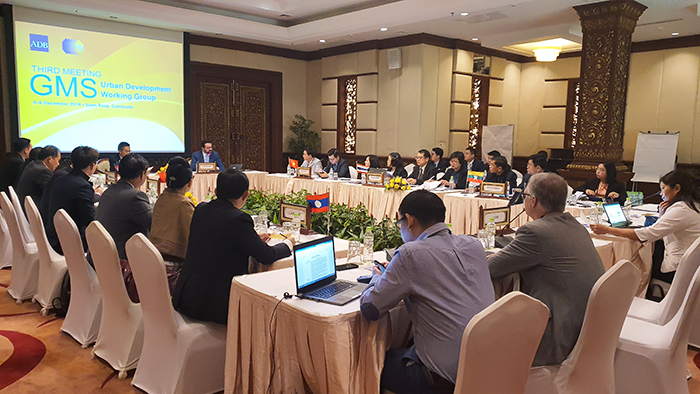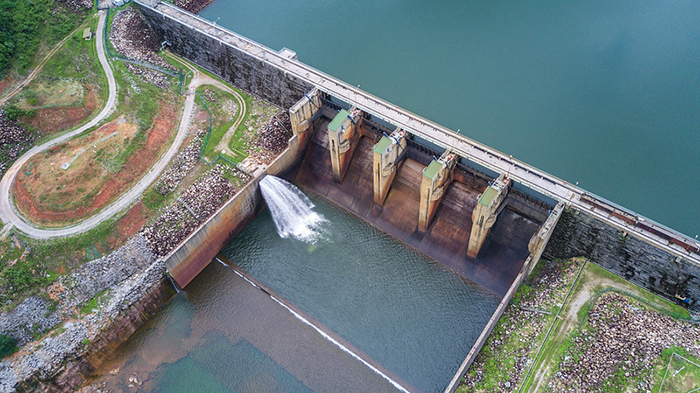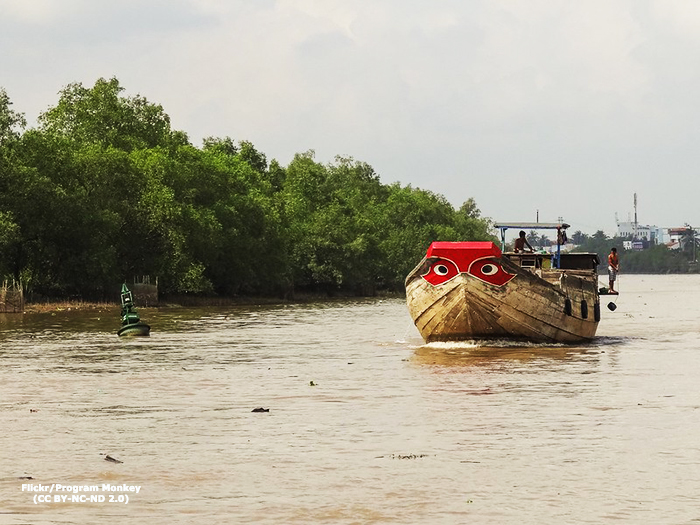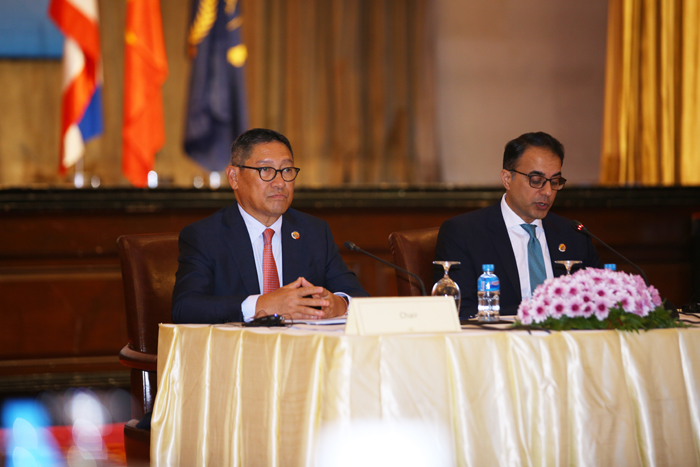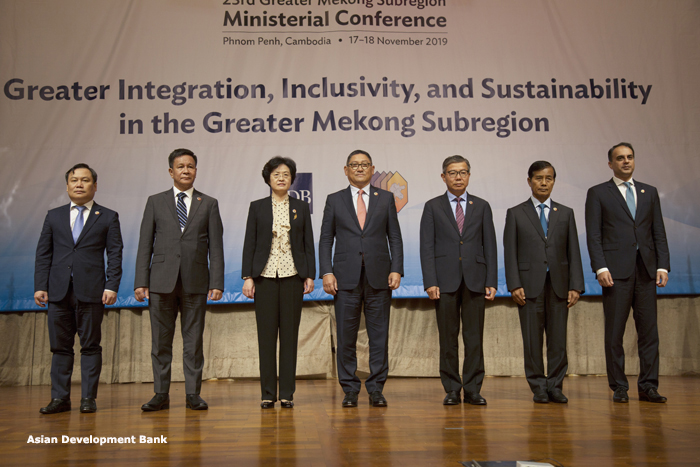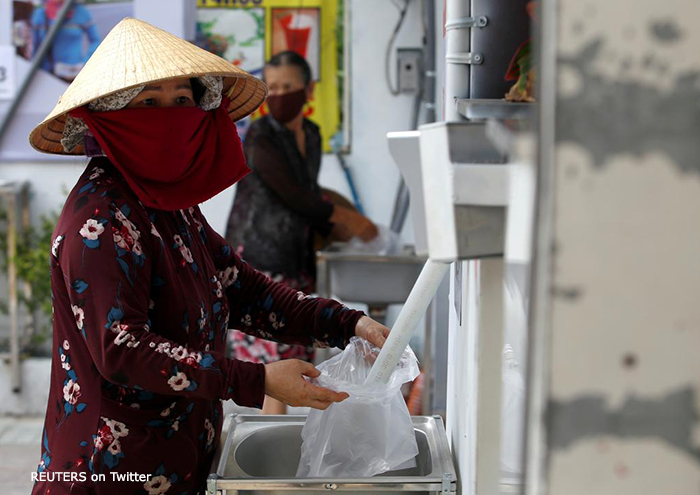
A 24/7 automatic dispensing machine provides free rice for people out of work following the lockdown. This was spearheaded by a Vietnamese entrepreneur in Ho Chi Minh City. Photo by Reuters on Twitter.
Initiative Gathers Mekong Innovations Spurred by the COVID-19 Pandemic
An initiative by the Mekong Tourism Coordinating Office (MTCO), Destination Mekong, and the Mekong Institute (MI) taps individuals' help in crowdsourcing newly-spotted innovations on how the coronavirus disease (COVID-19) is being managed and/or overcome in the Greater Mekong Subregion (GMS).

